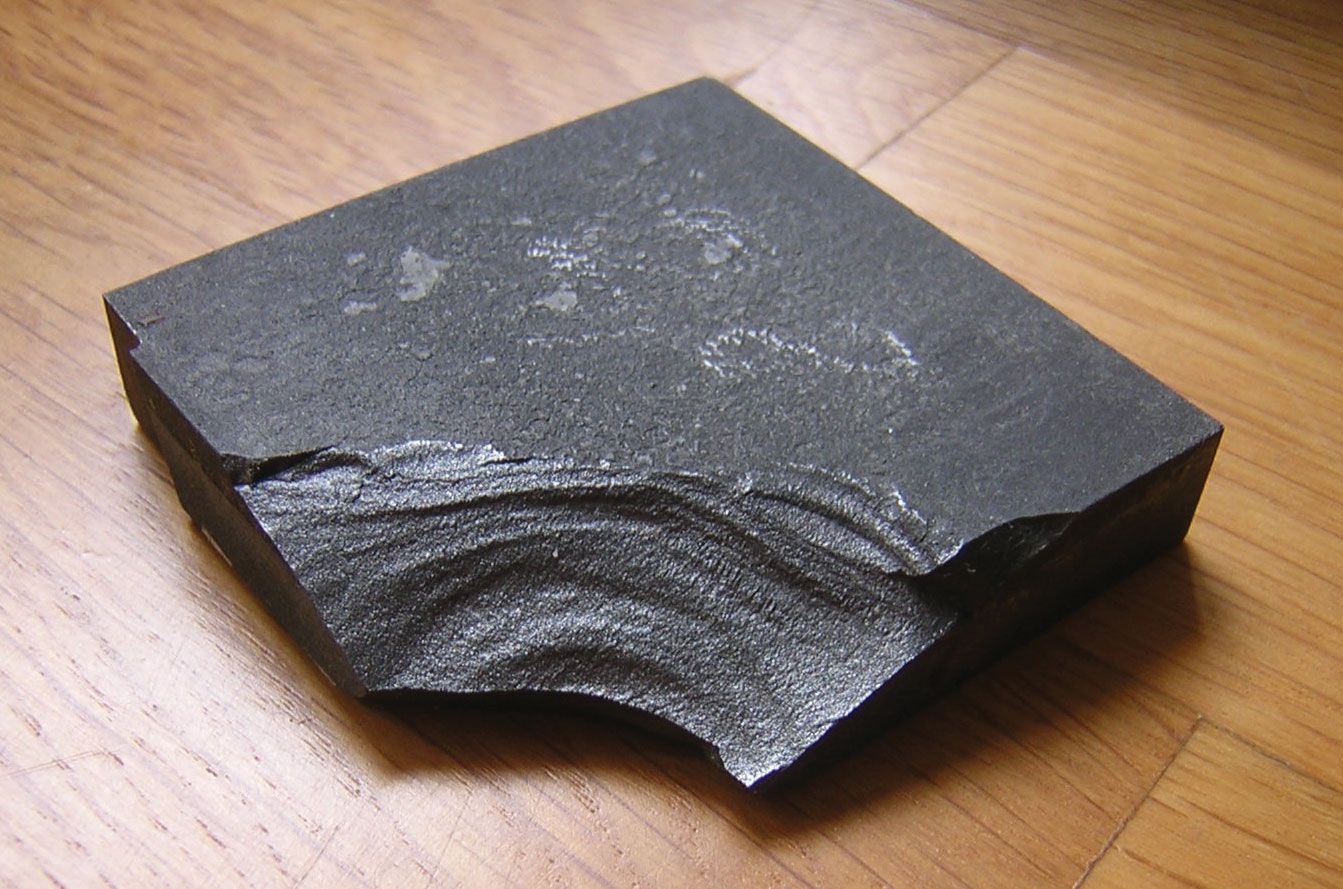
Boron might not be the first element that comes to mind, but this tiny powerhouse plays a huge role in our daily lives. From strengthening glass to boosting plant growth, boron is everywhere. Did you know that boron is essential for healthy bones and joints? It's true! This element helps our bodies use calcium more effectively. Plus, boron is a key player in the tech world, used in everything from semiconductors to magnets. Whether you're a science buff or just curious, these 29 facts about boron will surprise you. Ready to learn more about this fascinating element? Let's dive in!
What is Boron?
Boron, a fascinating element, has a lot more to it than meets the eye. This semi-metal is essential in various fields, from agriculture to technology. Let's dive into some intriguing facts about boron.
-
Boron Symbol: Boron is represented by the symbol B on the periodic table.
-
Atomic Number: It has an atomic number of 5, meaning it has five protons in its nucleus.
-
Discovery: Boron was discovered in 1808 by Sir Humphry Davy, Joseph Louis Gay-Lussac, and Louis Jacques Thénard.
-
Natural Occurrence: Boron is not found free in nature. Instead, it occurs in compounds like borax and boric acid.
Uses of Boron
Boron plays a crucial role in various industries. Its unique properties make it indispensable in many applications.
-
Glass Production: Boron is used in making borosilicate glass, which is resistant to thermal shock.
-
Agriculture: It is an essential micronutrient for plants, aiding in cell wall formation and reproductive development.
-
Detergents: Boron compounds, like borax, are used in laundry detergents to enhance cleaning power.
-
Nuclear Reactors: Boron is used as a neutron absorber in nuclear reactors to control the fission process.
Physical Properties of Boron
Boron has some unique physical properties that set it apart from other elements.
-
Hardness: Boron is incredibly hard, ranking 9.5 on the Mohs scale, just below diamond.
-
Melting Point: It has a high melting point of 2076°C (3769°F).
-
Color: Pure boron is a black or dark brown powder.
-
Conductivity: Boron is a poor conductor of electricity at room temperature but becomes a good conductor at high temperatures.
Boron in Health and Medicine
Boron isn't just useful in industry; it also has significant health benefits.
-
Bone Health: Boron helps in maintaining bone density and preventing osteoporosis.
-
Hormone Regulation: It plays a role in regulating hormones, including testosterone and estrogen.
-
Anti-inflammatory: Boron has anti-inflammatory properties, which can help reduce arthritis symptoms.
-
Brain Function: It is believed to improve cognitive function and reduce the risk of neurodegenerative diseases.
Boron in Technology
The tech world also benefits from boron's unique properties.
-
Semiconductors: Boron is used in semiconductors to improve their performance.
-
Magnets: Neodymium magnets, some of the strongest permanent magnets, contain boron.
-
Fiberglass: Boron fibers are used to make fiberglass, which is strong and lightweight.
-
Boron Nitride: This compound is used in lubricants and cosmetics due to its excellent thermal and chemical stability.
Fun Facts About Boron
Let's explore some lesser-known, fun facts about boron.
-
Space Exploration: Boron is used in rocket fuel to increase energy efficiency.
-
Fireworks: Boron compounds create a green color in fireworks.
-
Ancient Use: Ancient Egyptians used boron compounds in mummification.
-
Cosmic Origin: Boron is produced by cosmic ray spallation, not by stellar nucleosynthesis like many other elements.
Environmental Impact of Boron
Boron also has an impact on the environment, both positive and negative.
-
Soil Health: Adequate boron levels are crucial for soil health and plant growth.
-
Water Contamination: Excessive boron can lead to water contamination, affecting aquatic life.
-
Recycling: Boron can be recycled from products like glass and ceramics, reducing environmental impact.
Boron in Everyday Life
Boron is more present in daily life than one might think.
-
Household Products: Boron is found in cleaning products, cosmetics, and even some foods.
-
Sports Equipment: High-strength boron fibers are used in sports equipment like golf clubs and fishing rods.
Boron: A Hidden Gem
Boron might not be a household name, but its impact is undeniable. From strengthening glass to boosting plant health, this element plays a crucial role in various fields. Its unique properties make it indispensable in industries like agriculture, medicine, and technology. Boron compounds are used in everything from detergents to bulletproof vests, showcasing its versatility.
Understanding boron’s significance helps us appreciate the small elements that make a big difference in our daily lives. Whether it's in the food we eat or the gadgets we use, boron’s presence is felt everywhere. So next time you come across boron, remember its fascinating journey from a simple element to a vital part of modern life. Keep exploring the wonders of science, and who knows what other hidden gems you'll uncover!
Was this page helpful?
Our commitment to delivering trustworthy and engaging content is at the heart of what we do. Each fact on our site is contributed by real users like you, bringing a wealth of diverse insights and information. To ensure the highest standards of accuracy and reliability, our dedicated editors meticulously review each submission. This process guarantees that the facts we share are not only fascinating but also credible. Trust in our commitment to quality and authenticity as you explore and learn with us.
